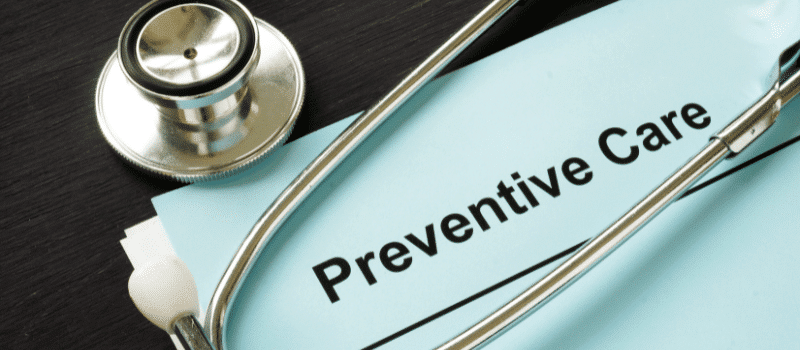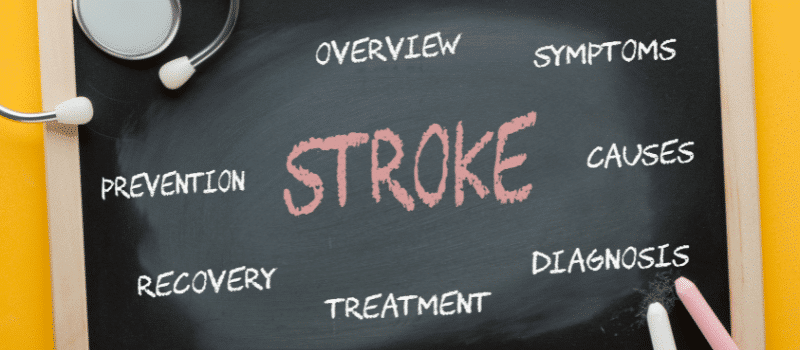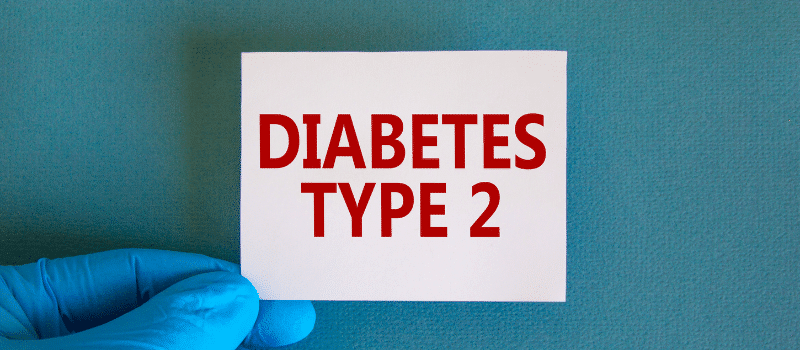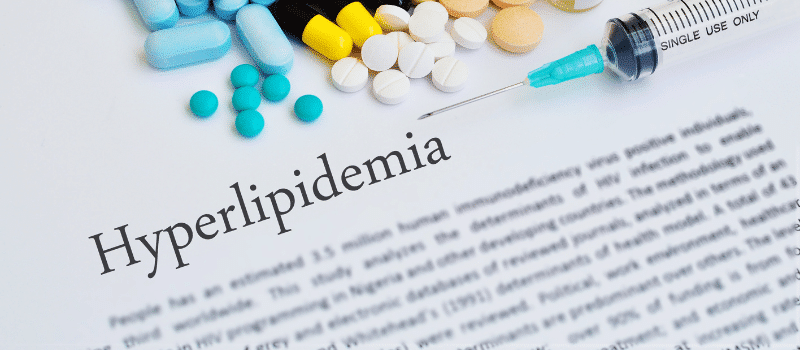Stress and Blood Pressure: How Your Body Responds and What You Can Do
Stress and Blood Pressure: How Your Body Responds and What You Can Do

Stress impacts nearly every part of your body, especially your heart and metabolism. Whether you’re managing high blood pressure or trying to control diabetes, ignoring stress can quietly undo your progress. Left unchecked, chronic stress doesn’t just affect your mood. It can lead to dangerous spikes in blood pressure and blood sugar that place long-term strain on your health.
At Ready Health and Wellness in Jacksonville, FL, Michelle K. Scott, MSN, APRN, FNP-BC, brings over 30 years of combined experience in advanced nursing care to support patients managing chronic conditions. Her specialized background includes urgent care, internal medicine, and diabetes management, giving her a unique understanding of how stress influences blood pressure and blood sugar levels.
How Stress Affects Blood Pressure and Blood Sugar
Stress causes your body to release hormones like adrenaline and cortisol. These hormones raise your heart rate, tighten blood vessels, and signal your liver to release stored glucose. In small doses, this “fight or flight” response is useful. But in everyday life, especially under constant pressure, this reaction can create a harmful cycle.
Here are some key ways chronic stress can impact your health:
- Increased blood pressure spikes: Persistent stress can cause more frequent surges in blood pressure.
- Unstable blood sugar levels: Stress-related hormones interfere with glucose control, especially in Type 2 diabetes.
- Inflammation and immune disruption: Ongoing stress may lead to inflammation, worsening complications.
- Sleep disruptions: Poor sleep caused by stress increases blood sugar and pressure instability.
The body isn’t built to live in a constant state of high alert. Reducing stress is essential to chronic condition management.
Practical Stress Management for People with Chronic Conditions
You don’t need a luxury spa or a week off to start managing stress. The key is building small, consistent habits that signal your body that it’s safe to relax. Michelle Scott often includes these practical methods as part of a customized care plan:
- Controlled breathing techniques: Deep breathing helps slow the heart rate and reduce blood pressure.
- Daily movement: Low-impact activities like walking can lower cortisol and improve insulin sensitivity.
- Structured routines: Having a predictable daily schedule minimizes anxiety and stabilizes symptoms.
- Mindfulness practices: Guided meditation or short quiet moments can regulate mood and stress hormones.
- Telemedicine support: Regular virtual check-ins help patients stay accountable and emotionally supported.
Incorporating stress management into your care plan doesn’t have to feel overwhelming. Even modest changes can protect your health long-term.
Book a Personalized Hypertension and Diabetes Care Visit in Jacksonville
Take control of your health with guidance that goes beyond the basics. Call 904-686-8929 to schedule your customized care visit today.











